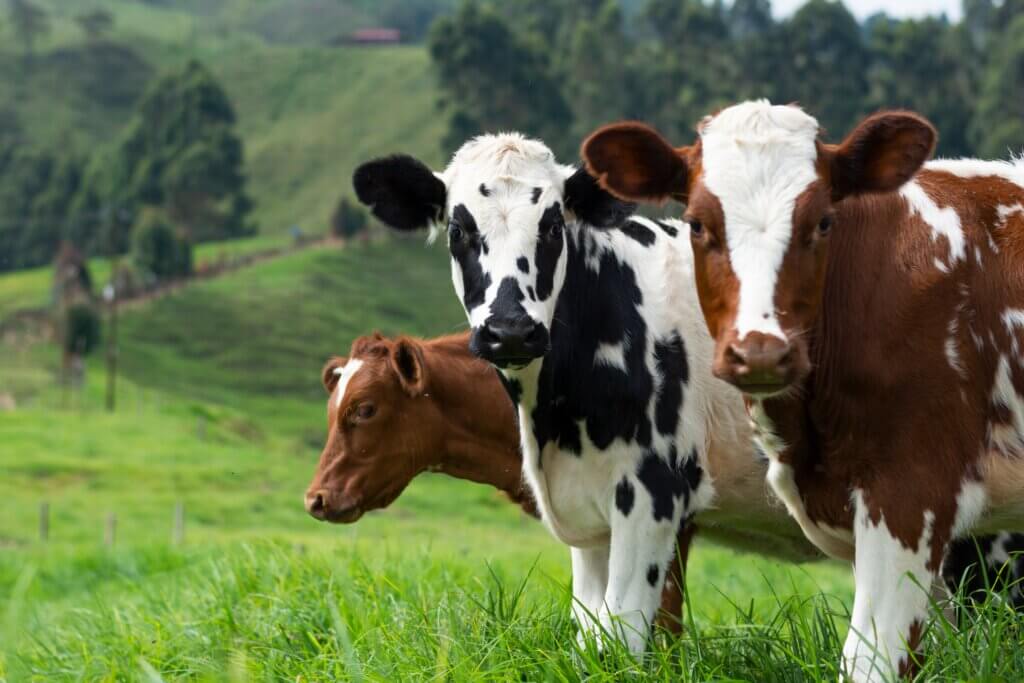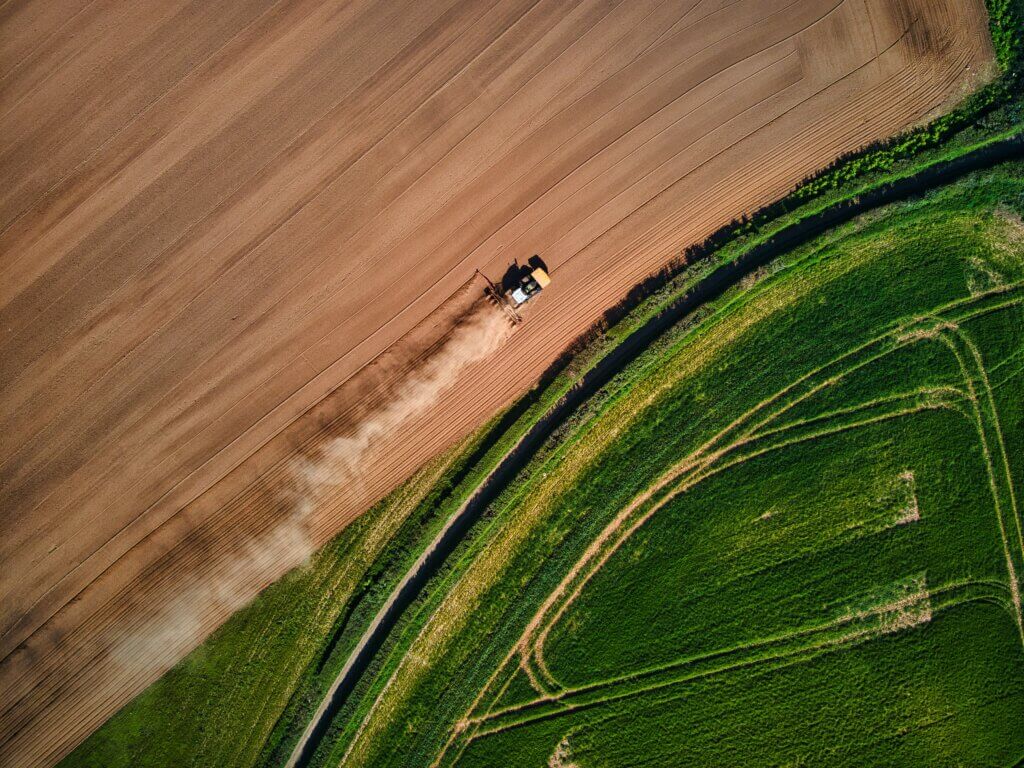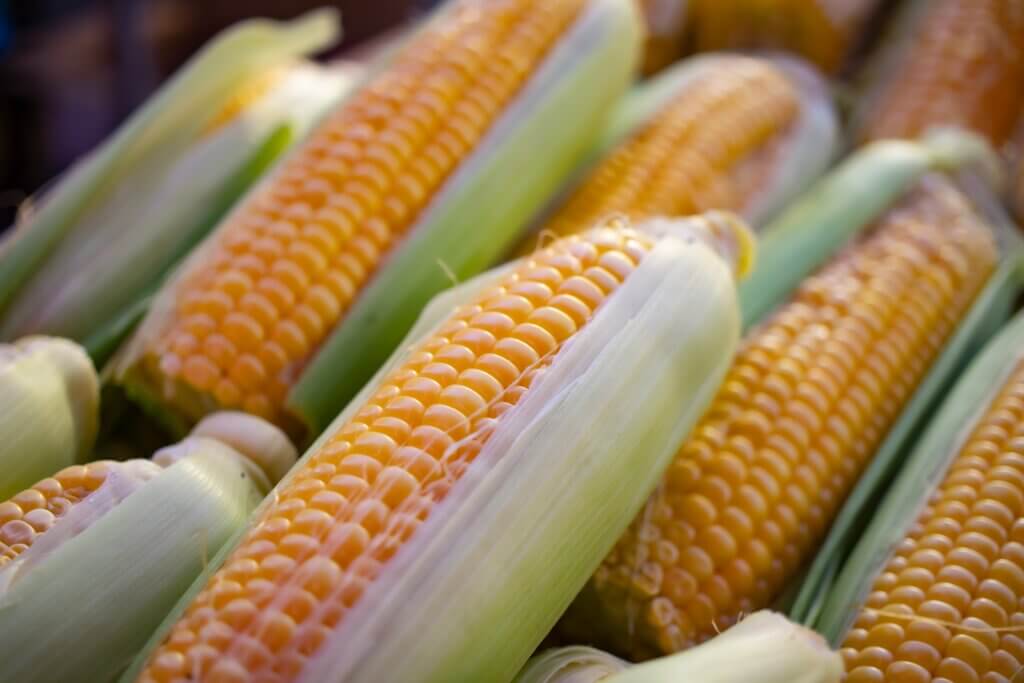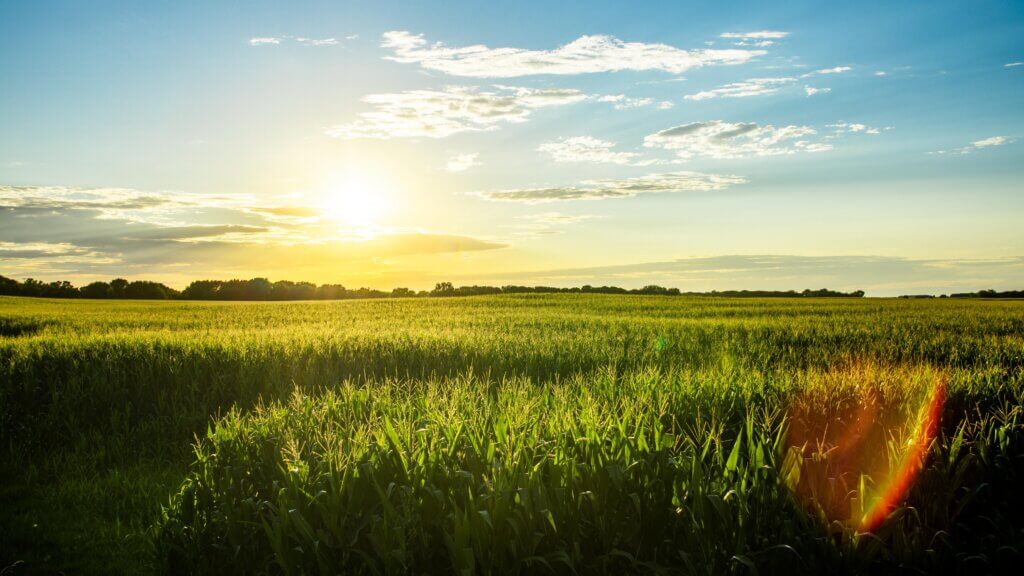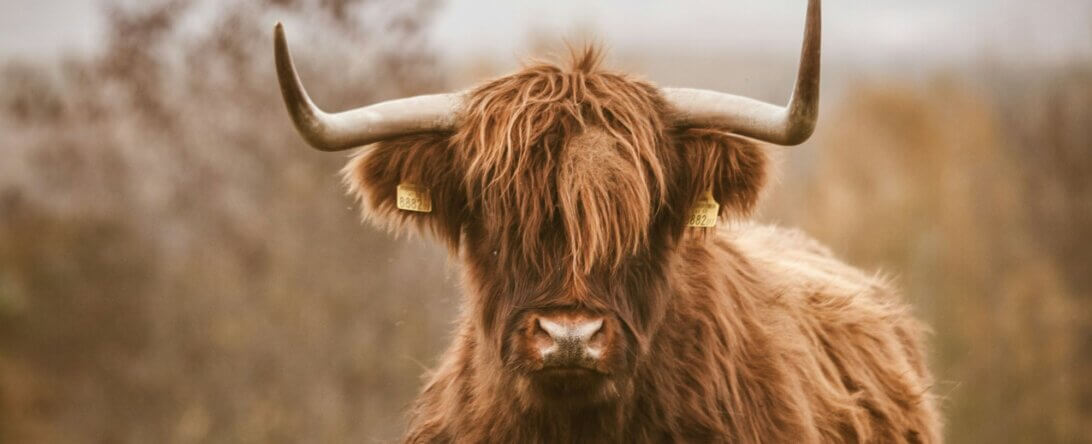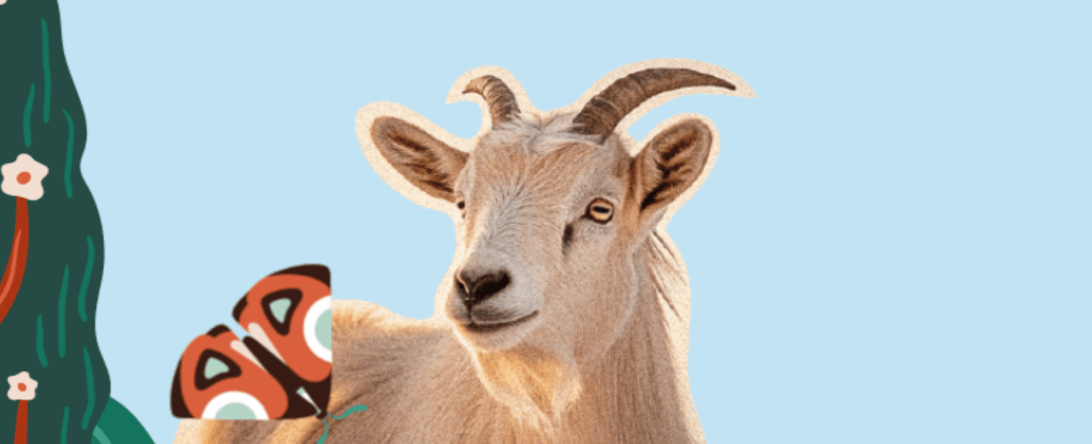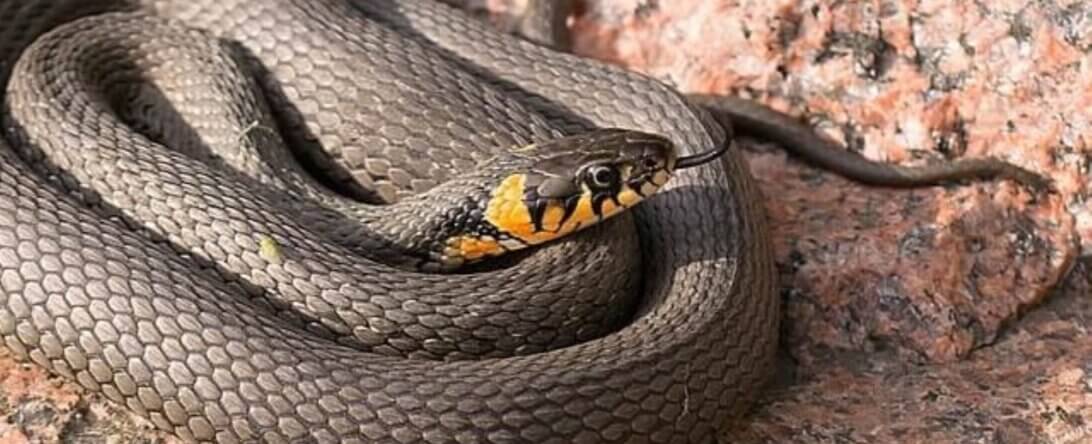How Going Vegan Can Cut Food Waste and Fight World Hunger
One of the biggest challenges humans face is world hunger. Malnutrition affects nearly 1 billion people in the world and causes wasting- the deadliest form of malnutrition- for about 45 million children under age 5. Poverty, the climate catastrophe, gender discrimination (causing people to lose jobs and housing), and weak healthcare systems all play a role and hit vulnerable groups the hardest. But what if we told you that humans can make massive progress against world hunger by looking at the inefficiency of animal agriculture?
While this is a multifaceted problem, we can’t solve it without a global shift to a vegan lifestyle, something we can all work toward (even those who are on food stamps or living in a food desert.) Find out why a vegan planet would be less wasteful (and hungry) and how animal agriculture contributes to world hunger:
The Problem With Meat, Eggs, and Dairy
Feeding animals to feed humans is extremely inefficient. Animal agriculture provides just 18% of calories ingested by humans but takes up 83% of farmland. University of Minnesota researchers found that 36% of the calories in crops we plant are fed to animals who are eventually killed for their flesh. When cows are killed and turned into food, only 12% of the calories from the crops they eat make their way to humans. We could get three times more calories by eating the crops ourselves.
Eating animal-derived foods is also a massive waste of protein. Eggs only pass on 25% of the protein from the crops the animals eat, while for milk it’s 16% and for beef it’s a measly 4%. We lose over half the world’s plant protein feeding animals on farms, and this ridiculous misuse of resources adds up—we feed animals more than a billion tons of crops to produce just 250,000 tons of edible animal-derived foods.
There are even more shocking stats. In the U.S., we feed animals over 80% of the corn we grow and over 95% of the oats. 😲 According to the U.N. Convention to Combat Desertification, it can take 10 pounds of grain to produce just 1 pound of meat. And the world’s cows alone eat more food than what would be needed to feed 8.7 billion people, a number we haven’t even reached yet.
The meat industry also takes up enormous amounts of land that could be used to grow crops for humans. Animals raised for food take up about 30% of the world’s entire land surface. Over 90% of all Amazon rainforest land cleared in the last 50 years is used for raising animals, while in the U.S., we use 56 million acres of land to grow food for animals and only 4 million acres to grow food for humans.
The Vegan Solution
We know that raising animals for food uses a ton of land and crops—but how much of a difference can a global transition to vegan eating really make? It turns out that it’s the difference between living and starving to death for millions of people.
The researchers at the University of Minnesota found that growing crops for humans increases available food calories by up to 70% and that the new crops would be able to feed an additional 4 billion people. That’s more than enough food to cover the estimated population increase of 2 to 3 billion people by 2050. And while 16 pounds of grain can produce 1 pound of beef, that won’t even cover one person’s daily caloric needs. On the other hand, those 16 pounds of grain could directly feed and cover the daily caloric needs of up to 10 people.
Feeding someone who’s vegan takes 75% less land than feeding someone who isn’t, since the crops grown are directly consumed instead of fed to animals. According to the Worldwatch Institute, the only way we can produce enough food to cover every human in the world is “to cut back sharply on meat consumption, because conversion of grazing land to food crops will increase the amount of food produced.”
Is Going Vegan Healthy?
Going vegan is way healthier than eating animal-derived foods! The meat, egg, and dairy industries force animals to suffer every day of their lives and endure painful and terrifying deaths—and humans suffer, too. Eating animal-derived foods has been linked to heart disease, diabetes, obesity, and other health conditions.
Vegan foods, on the other hand, are always cholesterol-free, which reduces the risk of heart disease. They’re also more likely to be low in saturated fat and high in fiber, complex carbs, and cancer-fighting antioxidants. We can get all the protein we need to build muscle from plant-based sources like soy, wheat gluten, nuts, and beans. Strengthen your bones with calcium-rich broccoli, almonds, and collard greens, and keep your body running at full capacity with lentils, chickpeas, and other sources of iron.
*****
Isn’t it messed up that a portion of the world’s population is suffering from malnutrition while others gorge themselves on animal-derived foods? The evidence keeps piling up that avoiding these foods is the best thing we can do to help animals, improve our health, and even combat world hunger.
Going vegan is so much easier with a helping hand, so we made the “Guide to Going Vegan” to support you on your journey. By eating vegan, you’ll be making a huge difference for billions of humans and other animals in a healthy and delicious way. 😉
Want to learn more about a plant-based approach to combating world hunger? Check out A Well-Fed World to see how to help.
Text peta2 to 30933 for ways to help animals, tips on compassionate living, and more!

Terms for automated texts/calls from peta2: http://peta.vg/txt. Text STOP to end, HELP for more info. Msg/data rates may apply. U.S. only.

